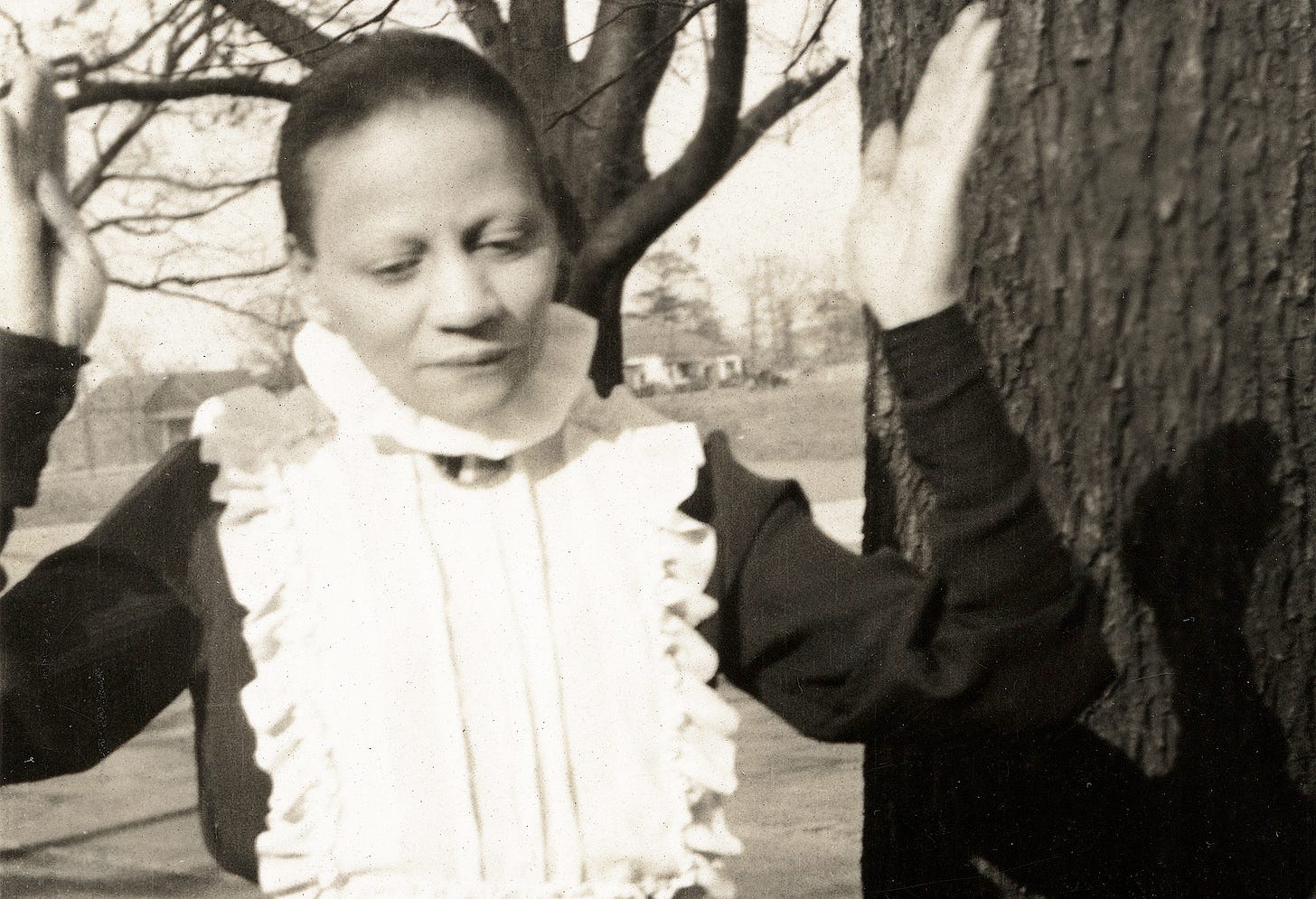Why Every Creator Needs an Archive—Before It’s Too Late
What does it mean to preserve your creative legacy?
Last week, I went to see the Brooklyn Museum’s new exhibit of the work of Nancy Elizabeth Prophet.
Born in 1890, Prophet—an Afro-Indig…
Keep reading with a 7-day free trial
Subscribe to Heart Talk by Rachel Hills to keep reading this post and get 7 days of free access to the full post archives.


